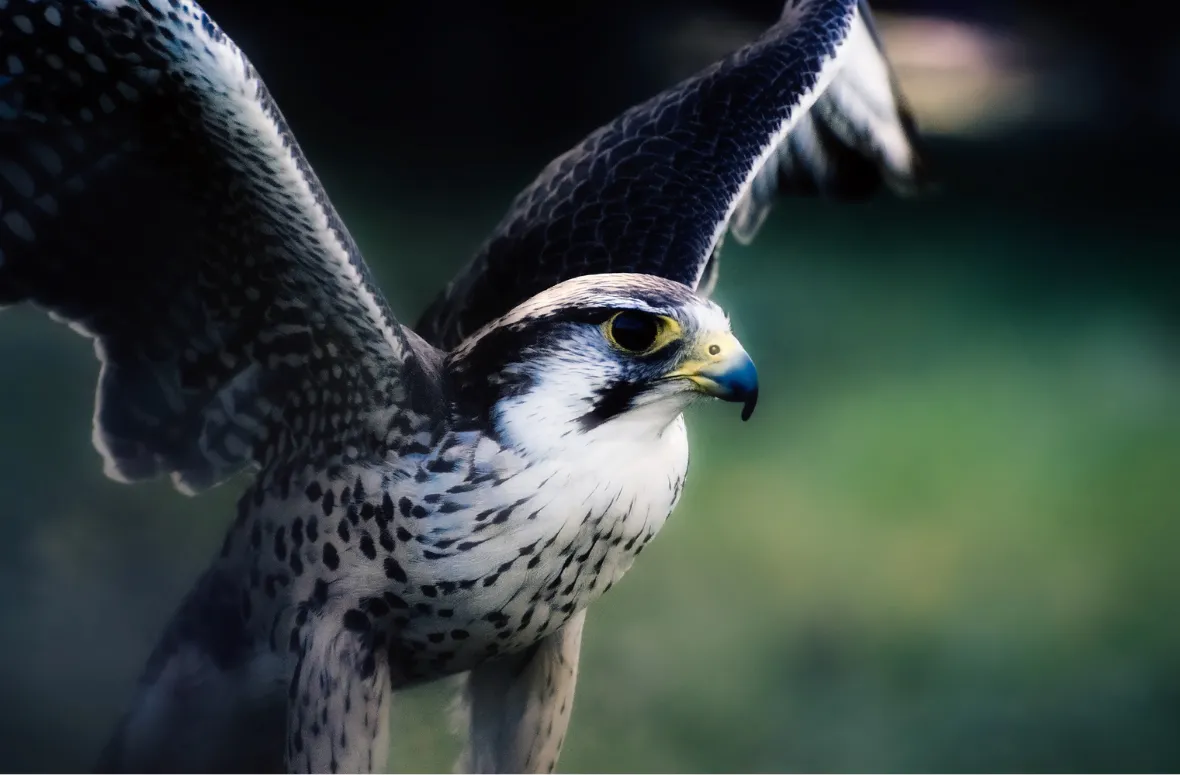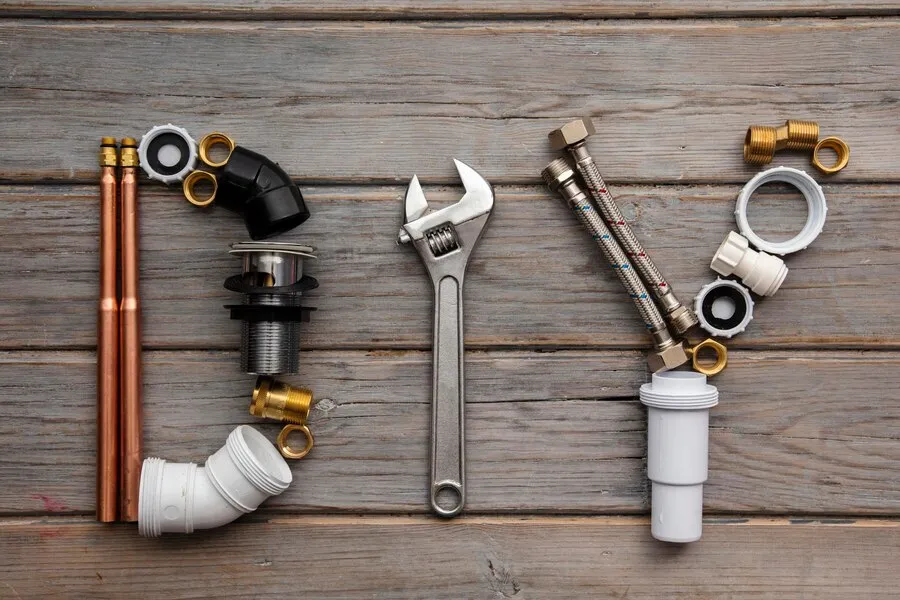Table of Contents
Birds are an important part of nature. Some birds eat fish, and salmon is one of their favorite meals. Salmon is a big, tasty fish found in rivers and oceans. Many birds in North America, Russia, and Japan depend on salmon for survival. Salmon gives them energy and helps balance the ecosystem. Now, let’s explore which birds eat salmon, how they find or catch it, and why this is crucial.
1. Bald Eagles: Majestic Scavengers
Bald eagles are large and powerful birds that live in North America. They have sharp eyes and can spot salmon from high in the sky. Bald eagles often eat dead or dying salmon. This is common during the salmon spawning season. This is when salmon swim back to rivers to lay their eggs.
During this time, rivers become full of salmon, making it easier for bald eagles to find food. Bald eagles are important. They clean up dead fish, keeping rivers healthy. In addition, they sometimes steal salmon from other birds, showing their opportunistic nature. Their adaptability makes them one of the most iconic salmon-eating birds.
2. Ospreys: Skilled Fish Hunters
Ospreys are amazing fish hunters. They fly above rivers and lakes, looking for salmon swimming below. When they see a fish, they dive into the water and grab it with their sharp claws. Ospreys have a unique ability to hover in the air before they dive, which helps them aim better.
They prefer to catch live fish, including salmon, and can carry their catch back to their nests. Ospreys build their nests near water so they can always find food for their families. Their sharp vision and strong grip make them one of the best hunters of salmon in the bird world.
3. Gulls: opportunistic feeders
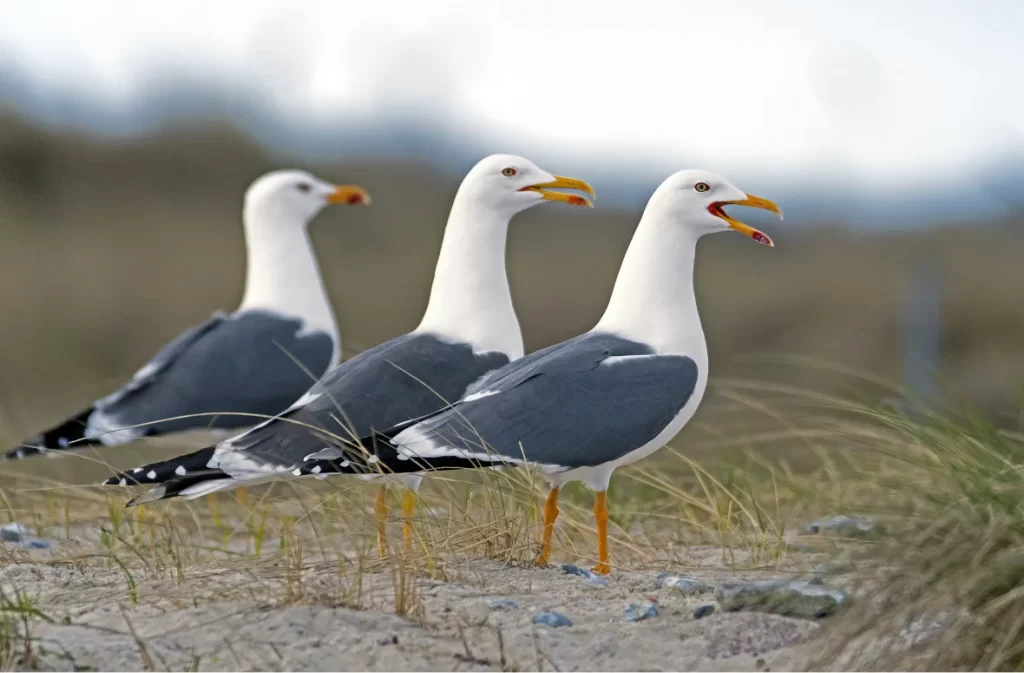
Gulls are clever birds that eat all kinds of food. During the salmon spawning season, gulls eat dead or dying salmon. They are not picky and will eat whatever they can find. Gulls are often seen fighting over pieces of salmon, showing how much they depend on this food source.
They also follow fishing boats or visit fish markets to find scraps of fish. You can often see gulls near rivers, lakes, or the ocean, especially when salmon are plentiful. Their adaptability helps them survive in many different environments.
4. Herons and Egrets: Elegant Predators
Herons and egrets are tall, graceful birds. They stand very still in shallow water, waiting for salmon or other small fish to swim by. Then, they use their long beaks to quickly catch the fish.
These birds like to eat smaller salmon and are often found near rivers and wetlands. Herons and egrets move slowly and patiently to catch fish. They also help control young salmon populations, keeping ecosystems balanced.
5. Kingfishers: Agile Fish Catchers
Kingfishers are small birds with bright colors. They love to eat fish, including young salmon. Kingfishers sit on a branch near the water and watch for fish. When they see one, they dive into the water and catch it with their beak. These little birds are fast and very good at fishing.
Some species of kingfishers have specially adapted beaks to make catching fish easier. Their bright colors and quick movements make them a joy to watch near rivers and streams. Kingfishers are a key part of the food chain, helping to manage fish populations.
6. Cormorants: Underwater Hunters
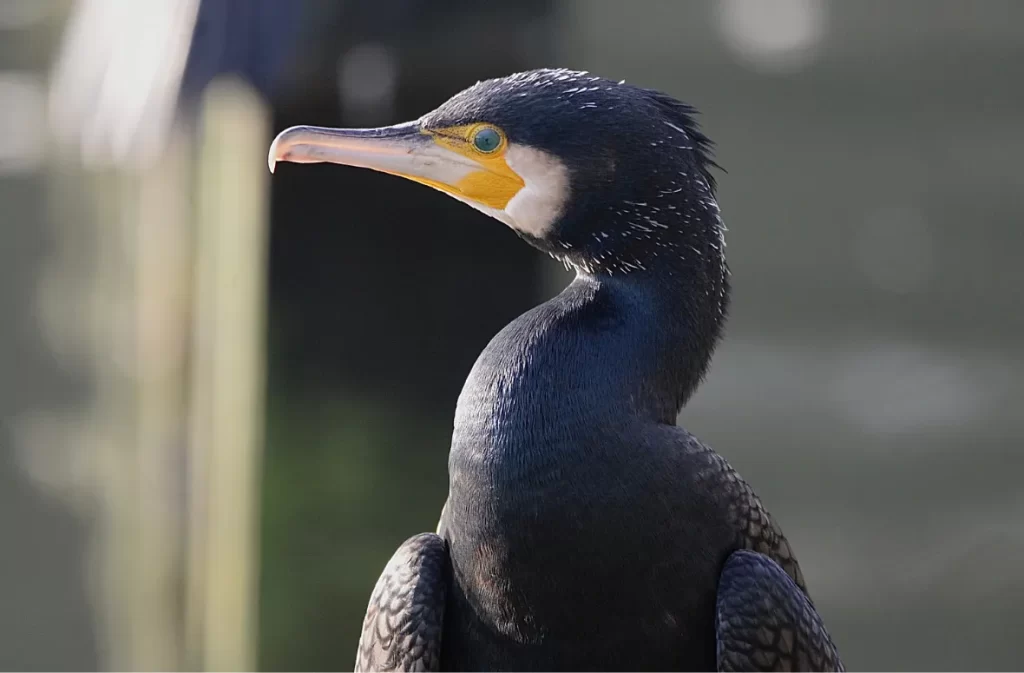
Cormorants are excellent swimmers. They dive underwater to catch fish, including salmon. These birds have long necks and strong beaks, perfect for grabbing fish. Cormorants often hunt in groups, making it easier to catch a lot of fish.
They are commonly found near rivers and oceans. Their feathers are not waterproof, so they need to dry off after diving. This helps them stay light and fast underwater. Cormorants are skilled hunters and can dive deep to reach salmon that other birds cannot.
Read Also: Where To Donate Eyeglasses & Help Lions: Make a Difference
7. Ravens and crows: opportunistic scavengers
Ravens and crows are very smart birds. They do not hunt for salmon but eat salmon that are already dead or injured. These birds are scavengers, meaning they clean up leftover food. Ravens and crows often gather near rivers during the salmon spawning season. They feast on abundant food. They are also known to work together in groups to find and share food. It keeps the environment clean and healthy. They prevent dead fish from polluting the water.
How Birds and Salmon Help Each Other
The relationship between birds and salmon is important for nature. Birds get food from salmon, which gives them the energy to survive and raise their young. Birds help the ecosystem.
They clean up dead salmon and spread nutrients. When birds eat salmon, they often leave behind parts of the fish that fertilize the soil. This helps plants grow and creates a healthier environment for other animals. Protecting salmon and birds means protecting the entire ecosystem.
8. Sea Eagles: Salmon Predators of the North
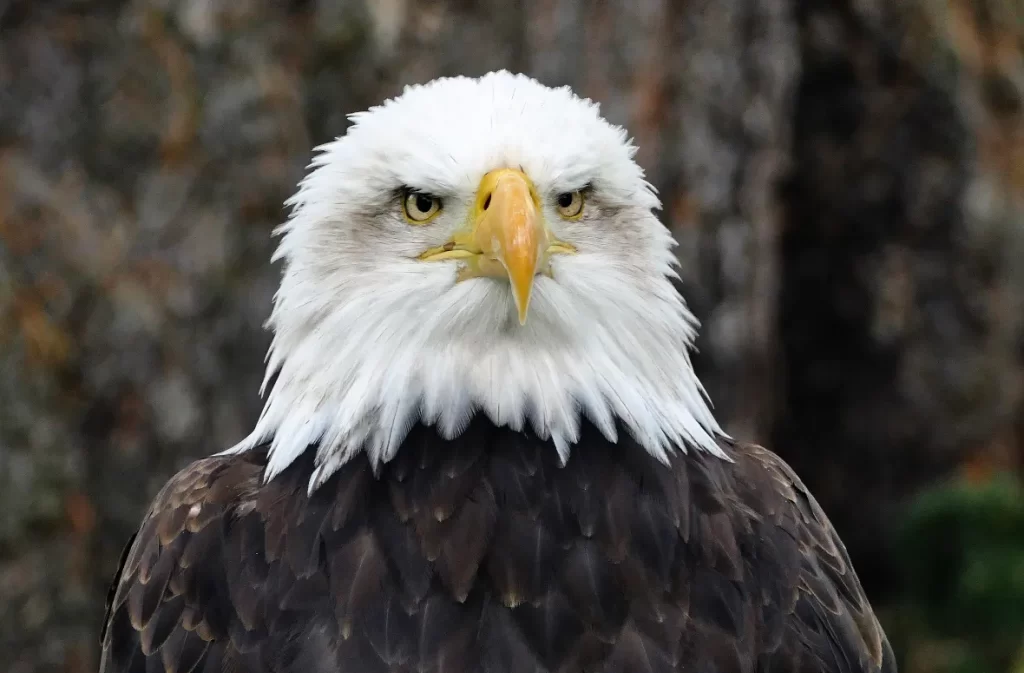
What Birds Eat Fish
Sea eagles, like the Steller’s Sea eagle, are big birds that live in places like Russia and Japan. They catch salmon in rivers or near the ocean. These eagles are strong hunters. They use their sharp talons (claws) and beaks to grab and eat fish. Sea eagles are amazing at catching fish and are known for their power and hunting skills.
These birds play an important role in nature. They help control fish populations, which keeps the environment in balance. Watching a sea eagle catch a salmon is breathtaking. It shows how strong and skilled these birds are.
Why Protecting Salmon Matters
Salmon is an important food for many birds. Birds like bald eagles and ospreys depend on salmon to survive. So do herons, kingfishers, cormorants, ravens, and sea eagles. These birds eat salmon and also help by cleaning up dead fish, which helps nature stay balanced. That’s why it’s so important to protect salmon and the places where they live. By knowing how birds depend on salmon, we can better appreciate nature’s beauty and balance.

